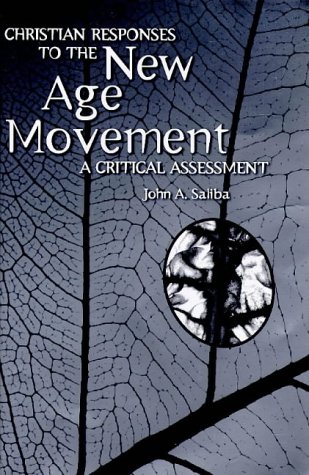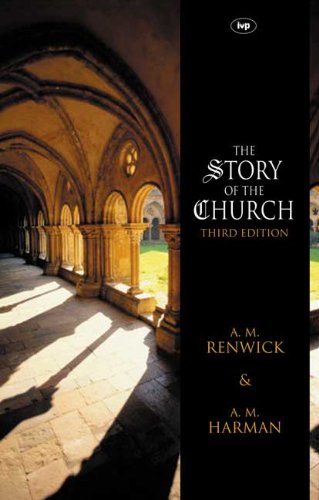Calvin and the Atonement
Written by Robert A. Peterson Reviewed By Paul HelmThis is a new edition of a work first published fifteen years ago in the United States. Most of the original contents appear to be unchanged, but there is a new conclusion and an extended bibliography. It is a fresh, somewhat breathless treatment of Calvin’s view of the atonement. Not on Calvin’s theory of the atonement, because according to Peterson Calvin does not have a theory, and Peterson dislikes the very idea of there being any theory of the atonement. Instead, he sees Calvin as developing the basic biblical themes of the atonement as the outworking of God’s free grace in Christ. Free, because it is unconstrained on God’s part, and free because it is unmerited on ours.
The themes are the familiar triplex munus of prophet, priest and king, and of Christ as the second Adam, the victor, the legal substitute, the sacrifice, our merit and our example. The exposition of each of these is clear, with many apt quotations from the Reformer, and fruitful interactions with the secondary literature which is well referenced.
The new conclusion takes up two further questions: the vexed issue of Calvin’s view of the extent of the atonement, which Peterson discusses particularly in the light of Jonathan Rainbow’s work, The Will of God and the Cross (Pickwick Publications, Allison Park, Pa. 1990) and Calvin’s indebtedness to Anselm. On the extent of the atonement he recognises, from Rainbow, that this was an issue in pre-Reformation theology, (e.g. in the Gottschalk controversy) but maintains that it was not an issue for Calvin and so not one that he directly addresses. Yet though Calvin does not commit himself to definite atonement in express terms, Peterson thinks that it fits better with his views than any alternative. And it is interesting that in the body of the work he expounds Calvin’s themes using thoroughgoing particularistic language. On Anselm he holds that Calvin builds on the Cur Deus Homo but goes beyond it. Other things to watch for are a particularly fine treatment of Calvin’s view of Christ’s merit, largely prompted by what Calvin says in his correspondence with Socinus.
Calvin and the Atonement will be of great value to those with an interest in Reformation thought and theology or—not quite the same thing—with getting help on a thoroughgoing biblical spin on the work of Christ.
Paul Helm
Paul Helm
University of London
London, UK







